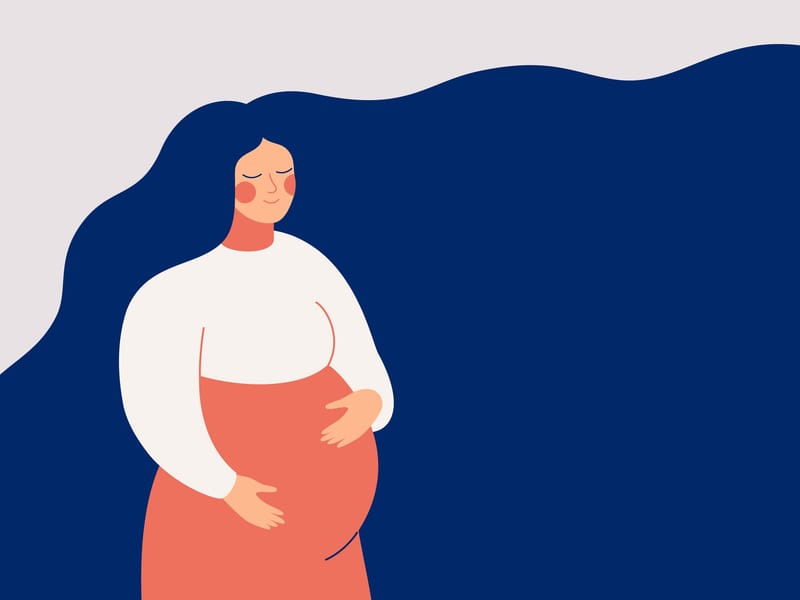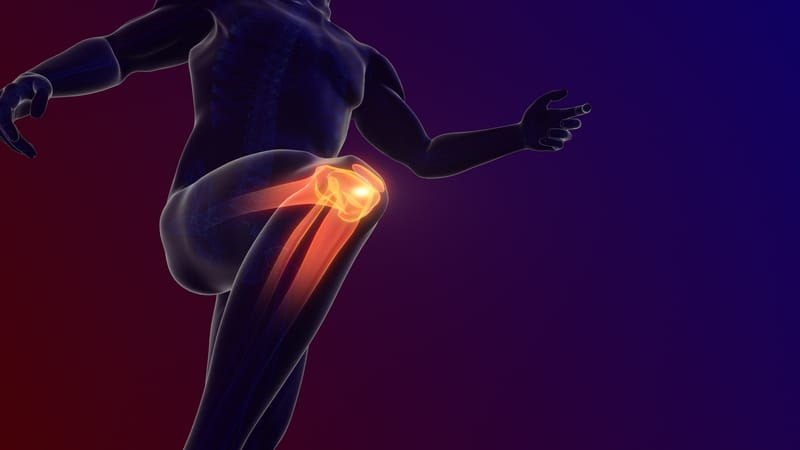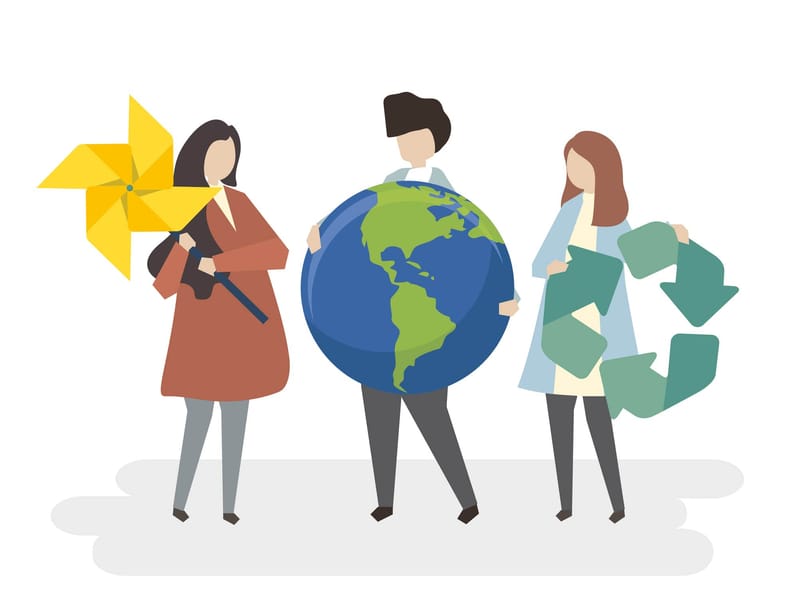
In celebration of the International Day of Women and Girls in Science, we’re highlighting the journeys of women in STEM from Monash University, Malaysia. Their stories reflect the passion and drive in their determination to make a difference in their fields.
This year marks the 10-year anniversary of the celebration, with this 2025 theme being “Unpacking STEM Careers: Her Voice in Science”.
We hear from four academics as they share their personal experiences, challenges, and aspirations in the hopes of inspiring the next generation of women in science.
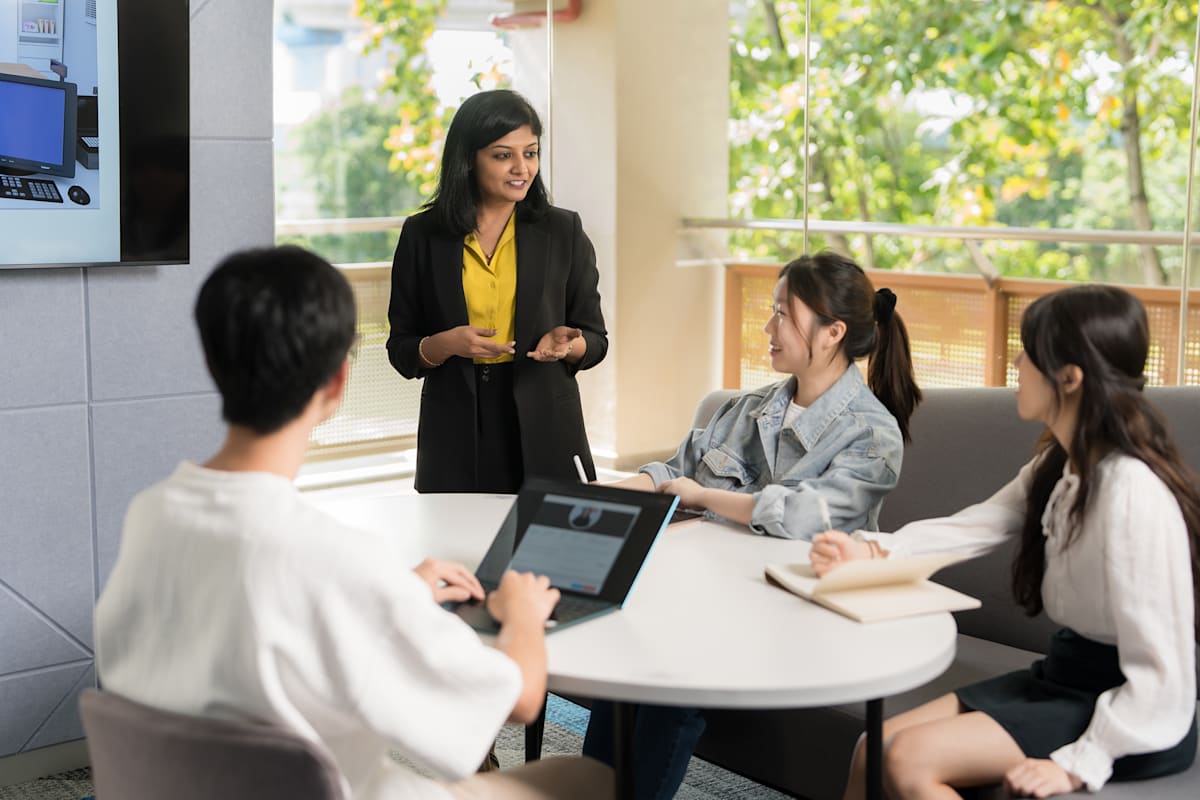
Amutha Selvaraj: Improving people’s quality of life
Amutha Selvaraj’s journey in science began with a deep interest in healthcare, motivating her to improve the quality of life for people.
Pharmacy, which blends science with patient care, provides opportunities to interact with people and contribute to their wellbeing.
She started as a practising pharmacist, developing her experience in both community and hospital. With the exposure, she developed her skills in patient care, medication management, and collaboration with healthcare teams.
Over time, her passion for sharing knowledge and encouraging the upcoming generation of pharmacists led her to the path of pharmacy, where she combined practical experience with teaching, as well as research.
To Amutha, the future of science is rooted in innovation, inclusivity, and compassion. She hopes for a future where health, especially for marginalised populations, is prioritised with more inclusive research.
“Advancements in science will not only drive innovative treatments, but also address healthcare disparities by promoting equality and equity in access to care,” she says.
Reflecting on her most memorable moments, Amutha highlights the trust and satisfaction of patients who seek her out for care, the impact of innovative approaches to enhance student learning, and her achievements in mental health research.
Winning a presentation at a national conference was a career milestone according to Amutha.
Above all, conducting a community empowerment workshop for the deaf community is still profoundly meaningful to her.
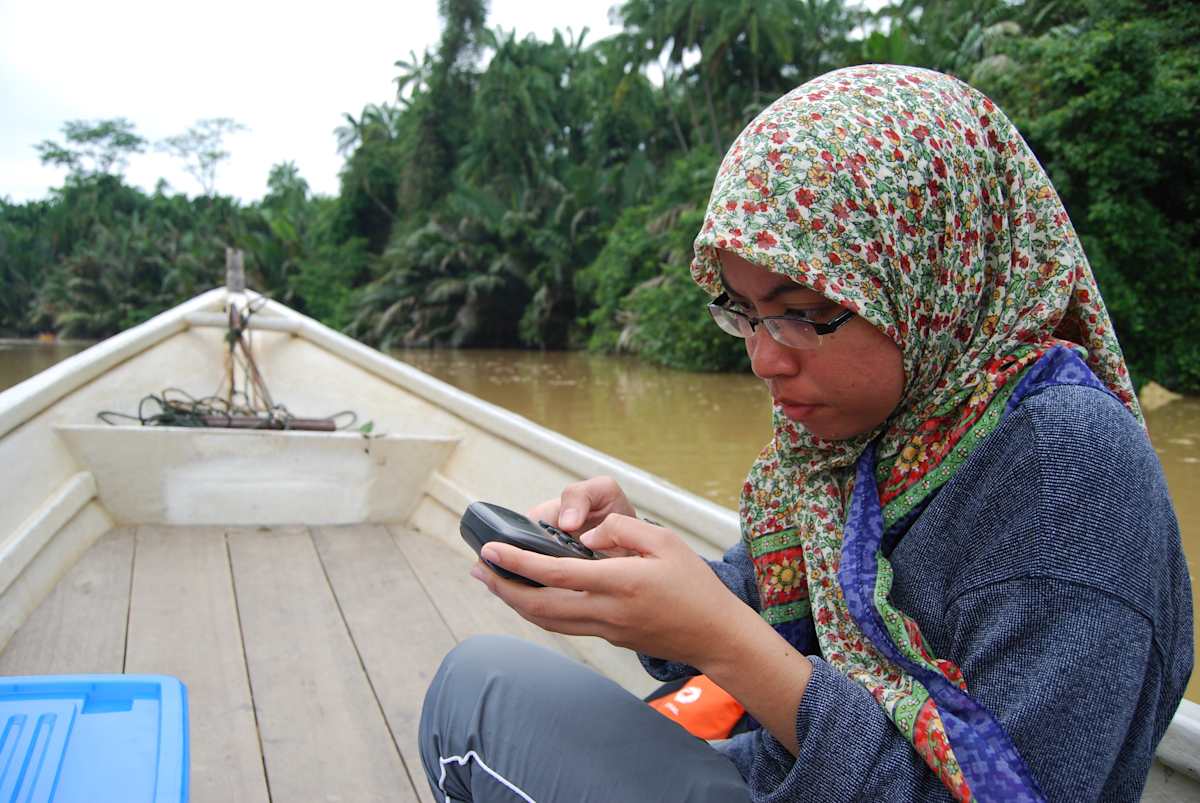
Wan Faridah Akmal Jusoh: Guided by curiosity and resilience
For Wan Faridah, the journey into science wasn’t linear. Instead, it was a detour guided by curiosity and resilience.
“As a child, I was captivated by the beauty of nature, but at the same time, I was also fascinated by those who could build incredible things – I remember dreaming of one day building my own bicycle! I thought engineering was my destined path, but life had other plans. Despite setbacks, I found my true passion in environmental sciences, and biodiversity has captivated me ever since.”
When it comes to encouraging young girls to explore STEM, she’s passionate about breaking stereotypes. Being the only child in her family pursuing a career in science, Wan believes it’s important to encourage them by nurturing their confidence and self-esteem, as well as to convey that STEM encompasses a vast array of disciplines and interests.
“Girls shouldn’t feel constrained to popular roles like medical doctor, engineer or mathematician,” she says.
For her, the International Day of Women and Girls in Science is more than a celebration, as it serves as a reminder of both progress and the barriers that still exist. It reminds everyone to continue advocating for equal opportunities and supportive environments. She also sees the day as an opportunity to amplify female voices and inspire the next generation.
“I hear you, I see you, and together, we can inspire each other to shine brighter.”
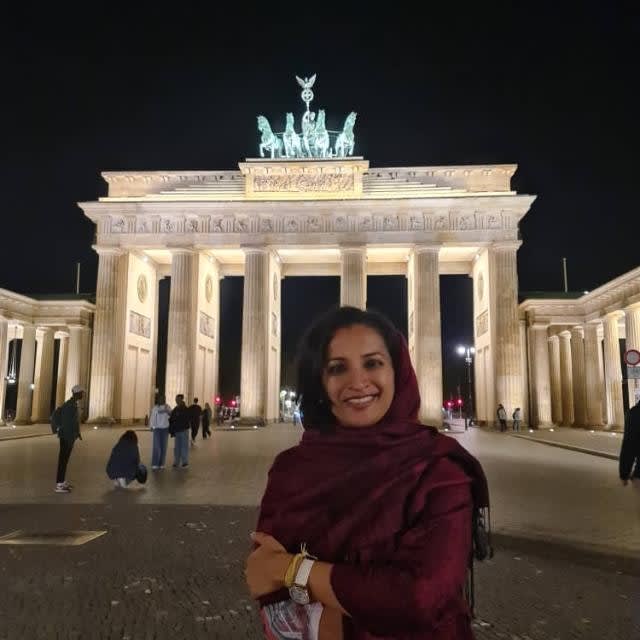
Poovarasi Balan: A love of mathematics and chemistry
When you meet Poovarasi, you’ll notice her infectious enthusiasm for material science and life. Reflecting on her journey in science, she shares her stories candidly with much warmth and wit.
“When I was very young, I wanted to become a medical doctor. As most Indian parents wanted their children to become doctors in that era, it was more of my father’s dream when I was born, and he apparently announced to everyone that I would be called ‘Dr Poovarasi’,” she says with a laugh.
While family expectations influenced her early aspirations, Poovarasi’s passion found its true calling in chemical engineering and materials science.
“My love for mathematics and chemistry was the backbone for my choice. I started specialising in material science at the master’s and PhD levels, and today, my passion for it is deeply connected to my research.”
For Poovarasi, science isn’t just about formulas and experiments, as material science and human science are closely connected.
In encouraging more young girls to explore STEM, Poovarasi’s perspective is refreshingly grounded.
“I don’t think we should mix up gender and STEM just because of societal sentiments. Instead, if girls naturally gravitate towards science, we should support them. It’s about exposure and letting them find their path.”
One of Poovarasi’s most fulfilling roles is that of a mentor. To her, mentoring goes beyond academic guidance; it’s about shaping a student’s mindset, and helping them overcome their limitations.
She recalls one of her recent success stories with pride.
“I have been supervising an international PhD student for the past two-and-a-half years. When he first joined, he was unfamiliar with Monash’s academic culture, and his approach to research needed refinement. It took a lot of time and energy to guide him, not just in writing and research integrity, but in adapting to the high standards of international research.
“In January 2025, he successfully published in a top-tier journal, a major milestone that marked his growth in confidence and capability. Supervising students has made me more flexible, patient, and innovative in my mentoring approach.”
For Poovarasi, the International Day of Women and Girls in Science is a moment to reflect, celebrate, and inspire.
“Biology reminds us that every gender is unique, as such – kudos to the fundamentals of science for teaching us that. I told you, science is closely connected to people, nature and the philosophy of life!”
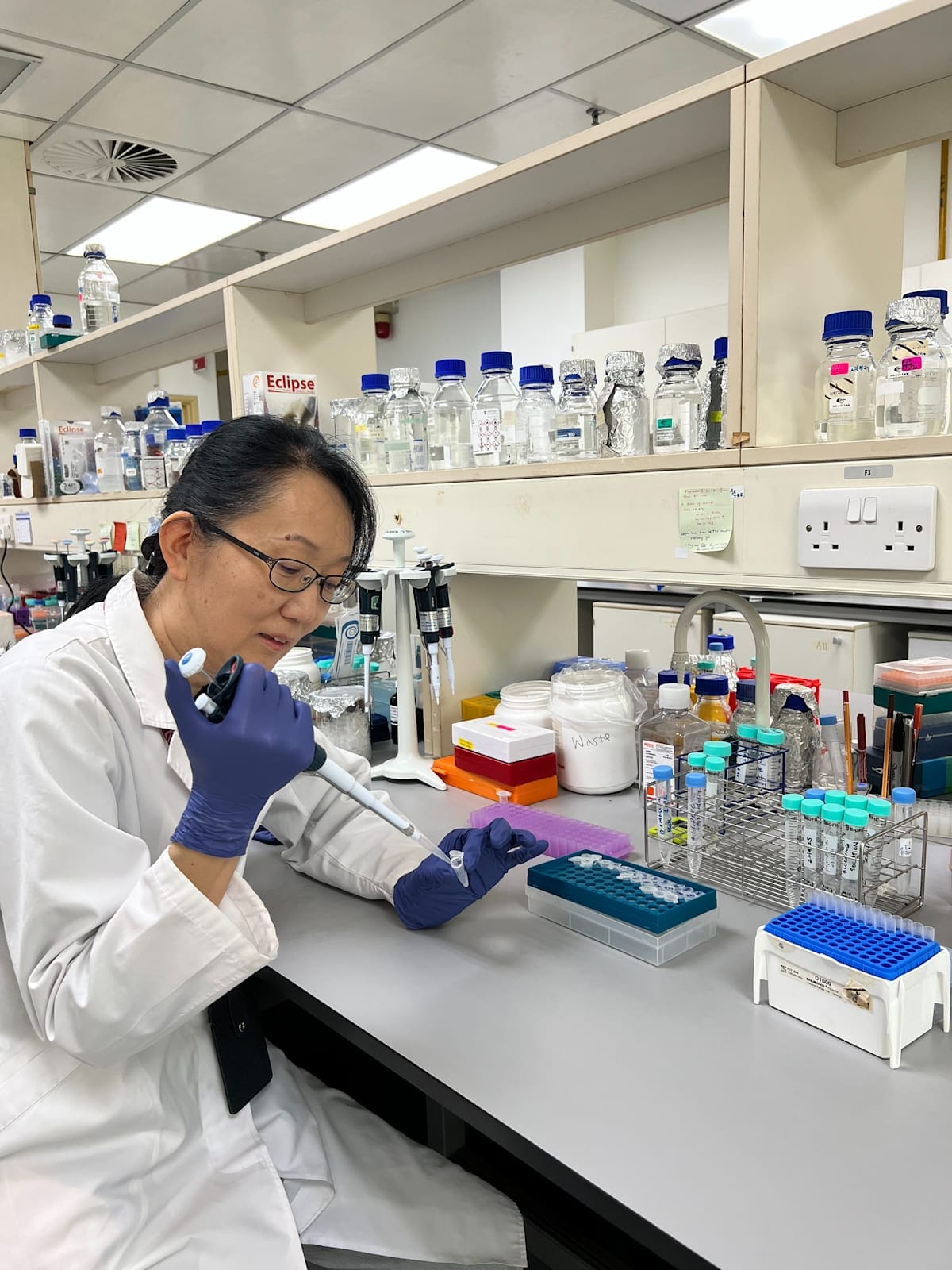
Tomoko Soga: Bringing fresh perspectives
For Tomoko, curiosity about the brain and its complexities led her to a career in STEM.
Her research focuses on understanding mental illness and how factors such as hormones and stress affect memory. She also credits her career progression to strong mentorship, collaboration, and international experiences across Japan, the United States, and Malaysia.
She acknowledges that while more women are entering STEM, gender inequality remains a challenge.
She believes that with the right mentorship at the right time, a higher number of young girls can see STEM as a viable career path.
“I think that with the right mentor at the right time, the STEM field, which was once considered to be more for boys, could be an option for more young girls.”
Having more women in STEM not only improves research efficiency, but also brings fresh perspectives that shape new scientific paradigms.
However, she also stresses that gender equity should involve both women supporting each other and engaging male allies to create more inclusive opportunities.
Reflecting on the day, Tomoko thinks the International Day of Women and Girls in Science remains a crucial platform to highlight the female role models who would go on to inspire the next generation.
“Balancing my career as a researcher with my personal life has been challenging. I hope this day will bring new opportunities and make further improvements to the situation of women and girls in science.”


